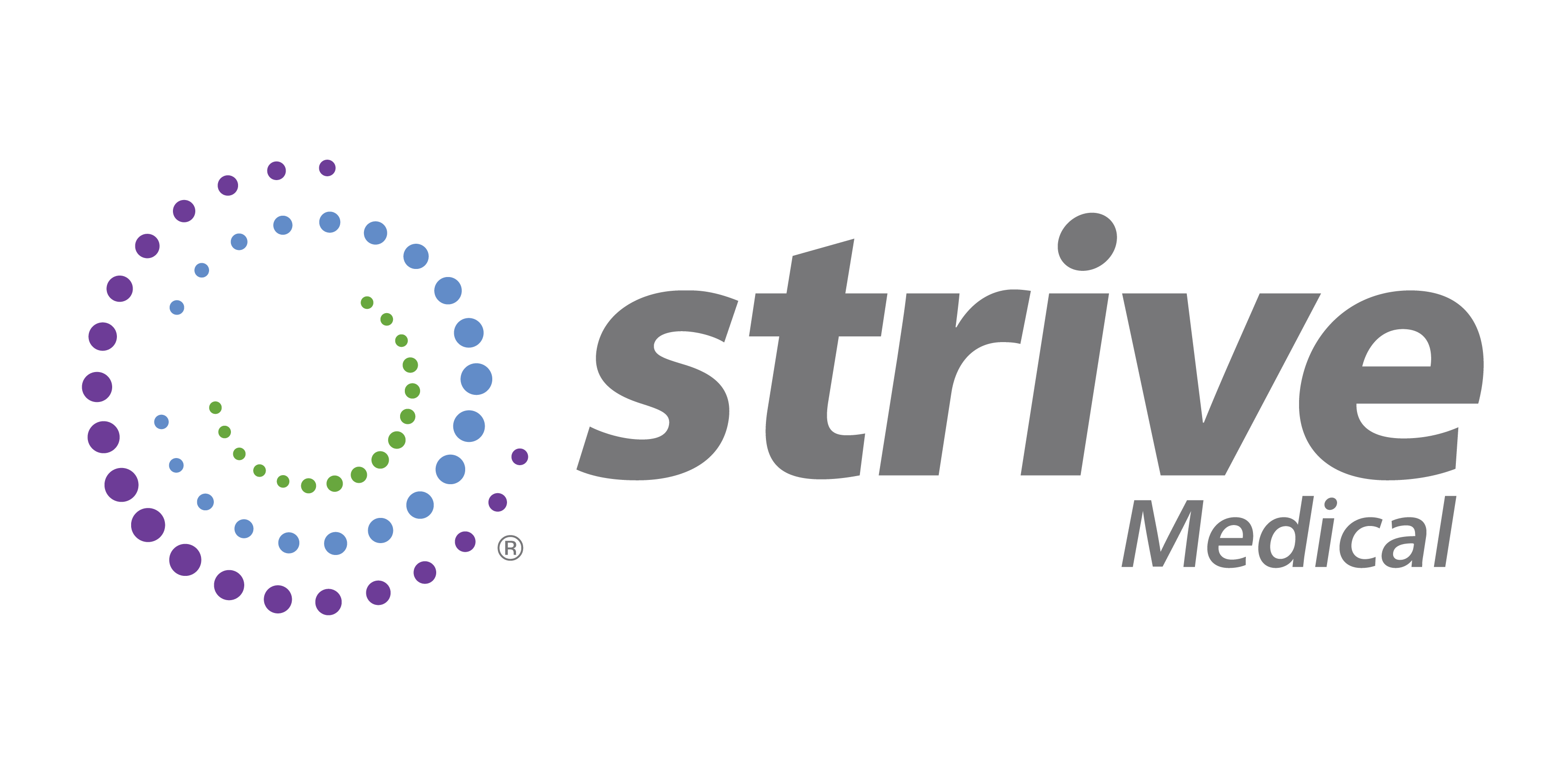
Wound Care Billing Codes and Guidelines
Billing for Wound Care Supplies
The Medicare billing guidelines require you to submit a Standard Written Order (SWO) for your patient before they can receive wound care billing reimbursement. This SWO must include the following information about your patient, the wound, and the supplies needed:
- Patient’s name
- Medicare Beneficiary Identifier
- Order date
- Description of dressing type
- Size of dressing
- Quantity needed at one time
- Frequency of dressing change
- Treating practitioner’s name and NPI
- Treating practitioner’s signature (must be handwritten or electronically signed through a qualified E-Prescribing system)
Wound care billing codes require a new SWO every three months for ongoing treatment as long as there are no changes.
A new SWO is needed any time an order is for a new wound, a new item or a change in treatment.
Wound Care Medical Record Requirements
Your patient’s insurance may also require information from their medical record related to billing for wound care supplies you request on their behalf. Medical records must corroborate the SWO and include the following:
- Type of qualifying wound
- Wound is caused or treated by surgical procedure
- Treatment required after debridement of the wound
- Number of wounds requiring treatment
- Location of each wound
- Size of wound (W+L+D)
- Amount of drainage for each wound
- Stage or thickness of each wound
- The type of surgical dressing applied to each wound
- Indicate which surgical dressing is primary, secondary, or for a noncovered use (e.g. cleansing)
- Number of surgical dressings to be used at one time
- Any other relevant information
- Frequency of the surgical dressing change
- Date of encounter
- Treating practitioner’s signature (must be handwritten or electronically signed through a qualified E-Prescribing system)
The evaluation of your patient’s wound must be completed monthly and documented in the medical record (or completed weekly for patients in a nursing facility).

